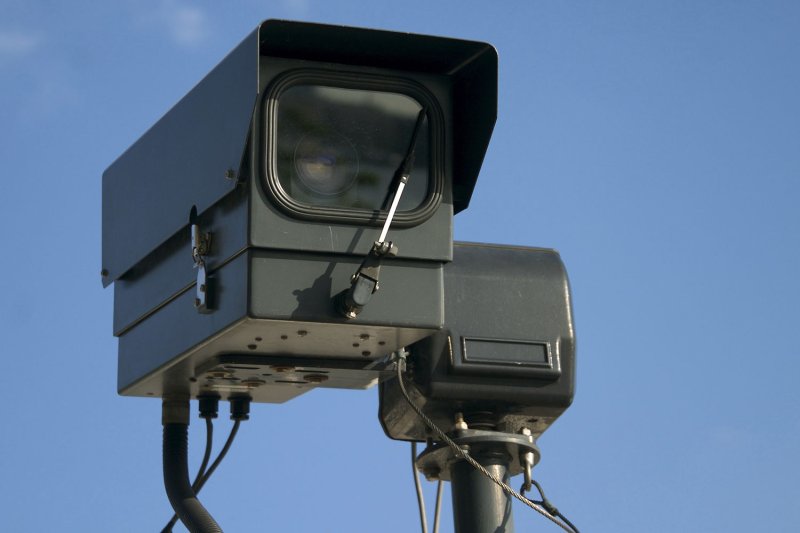The public release of photos and videos in the hunt for the Boston Marathon bombing suspects was made possible in large part because we now live in a society where we are never long out of the field of view of a camera mounted somewhere or carried by someone.
The outcome will no doubt bring another round in the debate on the pros and cons of the seemingly Orwellian scenario of a camera on every street corner and in every citizen's purse or pocket.
In the bombing, it is just that scenario that allowed the FBI to release videos and photos of two men they had identified as suspects in the act that killed three people and injured dozens more.
Surveillance videos came first, from businesses and institutions along the streets adjacent to the marathon finish line where the two explosive devices were planted and then detonated.
The release of those videos sent scores of people scrambling to scan the photos they had snapped with innumerable smartphones and digital cameras. The result was even more, and clearer, pictures of the alleged suspects flooding into the FBI.
Some will argue for the benefits of the technology that found them; others will worry about that technology's ability to find -- and see -- any or all of us, and what that means to our privacy,
The concern is not a new one. Ben Franklin famously said, "Those who would give up essential liberty, to purchase a little temporary safety, deserve neither liberty nor safety."
The debate has come into even sharper focus in recent months over the subject of camera-equipped drones as increasing numbers of federal, state and local governments are using or considering using them for surveillance.
Ordinary citizens can even purchase small helicopter-like drones equipped with high-resolution cameras that can send video to a smartphone or tablet.
The proliferation of cameras has led the American Civil Liberties Union to go on record with concerns about the impact on the privacy of American citizens.
In Britain, which has led the way in the use of surveillance cameras -- a reported 1.85 million closed circuit TV cameras are in streets, malls, hospitals and schools -- the debate over their use and presence has been constant and very public.
"The technology has overtaken our ability to regulate it," Andrew Rennison, Britain's first-ever surveillance commissioner, said in an interview with a British newspaper. "It is the Big Brother scenario playing out large. It's the ability to pick out your face in a crowd from a camera which is probably half a mile away."
While few will take issue with the use of pervasive surveillance technology in solving a terror attack on American soil, when the terror case is resolved and its perpetrators brought to justice the cameras will still be there, silently watching and recording the activities of ordinary Americans as they go about their increasingly less-private business.















